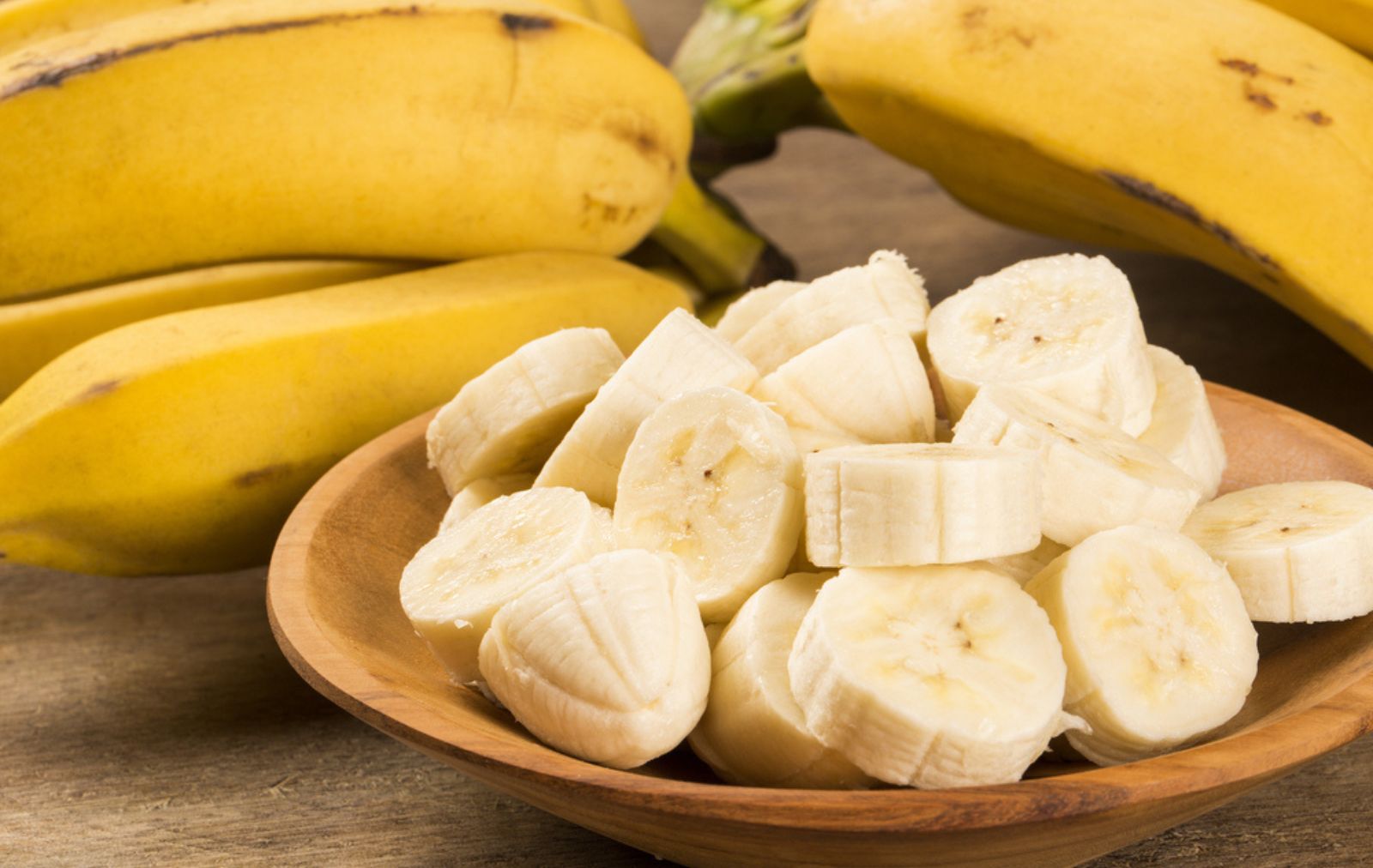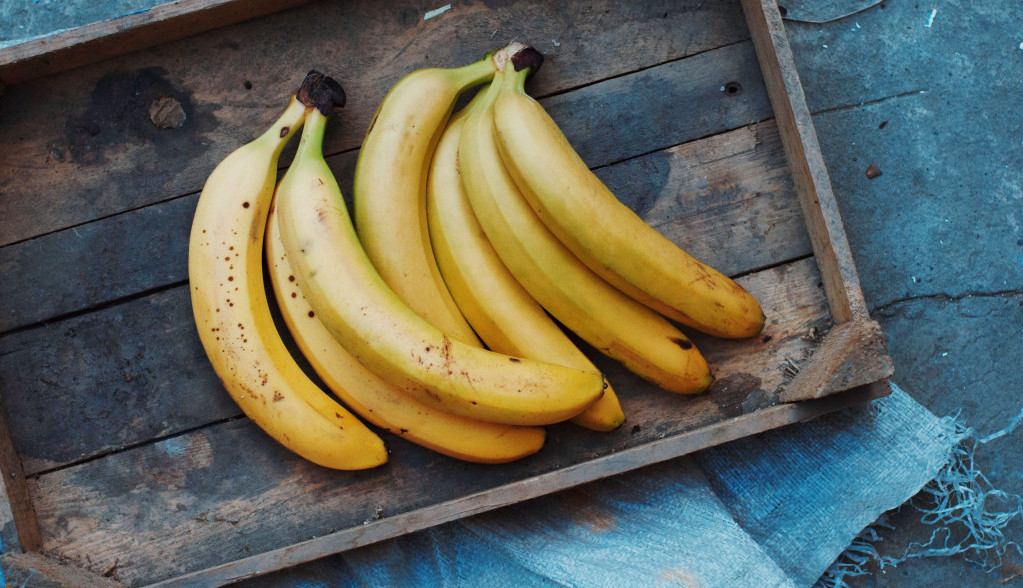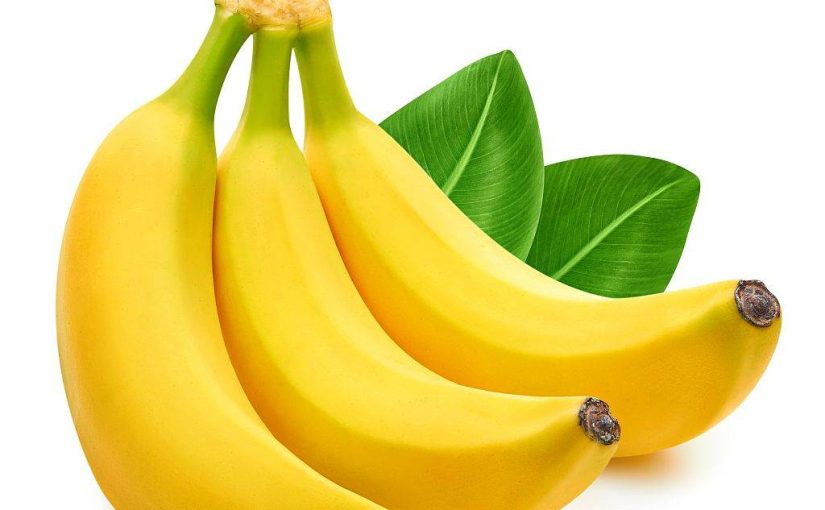Bananas are one of the most popular fruits in the world, known for their sweet taste and versatility in cooking and baking. But did you know that bananas also offer a host of health benefits? This blog will explore the various benefits of bananas and how they can improve your overall health and well-being.
Nutritional Value of Bananas
Bananas are an excellent source of several essential nutrients, including potassium, vitamin C, vitamin B6, and dietary fiber. A medium-sized banana contains about 105 calories, 27 grams of carbohydrates, 1.5 grams of protein, and 3 grams of dietary fiber.
Potassium is an important mineral that helps regulate blood pressure, prevents muscle cramps, and promotes healthy heart function. Bananas are one of the best sources of potassium, with a medium-sized banana providing about 400-450 mg of potassium.
Vitamin C is a powerful antioxidant that helps boost the immune system, protect against cell damage, and promote collagen production. A medium-sized banana contains about 10% of the daily recommended intake of vitamin C.
Vitamin B6 is important for brain development and maintaining healthy nerve function. A medium-sized banana contains about 20-25% of the daily recommended intake of vitamin B6.
Dietary fiber is important for maintaining healthy digestion and preventing constipation. A medium-sized banana contains about 3 grams of dietary fiber, or 12% of the daily recommended intake.

Bananas and Heart Health
Bananas are known to be beneficial for heart health due to their high potassium content. Potassium helps regulate blood pressure and prevent hypertension, which is a major risk factor for heart disease. Eating bananas regularly can help lower blood pressure and reduce the risk of heart disease.
In addition, bananas contain a type of soluble fiber called pectin, which has been shown to lower cholesterol levels. High cholesterol is another major risk factor for heart disease, so eating bananas can help protect the heart in multiple ways.
Bananas and Blood Sugar Control
Bananas are a good choice for people with diabetes or at risk of developing diabetes, due to their low glycemic index (GI) score. The glycemic index measures how quickly a food raises blood sugar levels. Foods with a low GI score, like bananas, are less likely to cause rapid spikes in blood sugar.
In addition, bananas contain a type of starch called resistant starch, which has been shown to improve insulin sensitivity. This means that it can help the body’s cells respond better to insulin, which can improve blood sugar control.

Bananas and Digestive Health
Bananas are a great food for maintaining healthy digestion due to their high fiber content. Fiber is important for preventing constipation, promoting regular bowel movements, and maintaining a healthy gut microbiome.
In addition, bananas contain a type of prebiotic called fructooligosaccharides (FOS), which can help promote the growth of beneficial bacteria in the gut. A healthy gut microbiome is important for overall health and wellbeing.
Bananas and Weight Management
Bananas are a good food choice for people looking to manage their weight, due to their high fiber and low calorie content. Fiber is important for keeping you feeling full and satisfied, which can help prevent overeating.
In addition, bananas contain a type of starch called resistant starch, which has been shown to reduce appetite and promote weight loss. Resistant starch is not fully broken down by the body, so it can help keep you feeling full for longer.

Bananas and Bone Health
Bananas are a good source of several minerals important for maintaining healthy bones, including potassium, magnesium, and vitamin K. Potassium helps regulate blood pressure and supports healthy muscle and nerve function, magnesium plays an important role in bone metabolism and helps regulate muscle and nerve function, and vitamin K is important for the formation of healthy bones.
A medium-sized banana contains about 400-450 mg of potassium, 8% of the daily recommended intake of magnesium, and 3% of the daily recommended intake of vitamin K. Eating bananas regularly can help support healthy bones and reduce the risk of osteoporosis.
Bananas and Eye Health
Bananas are a good source of several nutrients important for maintaining healthy eyes, including vitamin A, vitamin C, and lutein. Vitamin A is important for maintaining healthy vision, vitamin C is a powerful antioxidant that helps protect the eyes from damage, and lutein is a carotenoid that can help protect the eyes from age-related damage.
A medium-sized banana contains about 2% of the daily recommended intake of vitamin A, 10% of the daily recommended intake of vitamin C, and 0.1 mg of lutein. Eating bananas regularly can help support healthy eyes and reduce the risk of age-related eye diseases.
Bananas and Mental Health
Bananas are a good source of several nutrients important for maintaining good mental health, including vitamin B6, vitamin C, and tryptophan. Vitamin B6 is important for maintaining healthy nerve function and brain development, vitamin C is a powerful antioxidant that helps boost the immune system, and tryptophan is an amino acid that helps regulate mood.
A medium-sized banana contains about 20-25% of the daily recommended intake of vitamin B6, 10% of the daily recommended intake of vitamin C, and 0.1 g of tryptophan. Eating bananas regularly can help support good mental health and reduce the risk of depression and anxiety.

Bananas and Skin Health
Bananas are a good source of several nutrients important for maintaining healthy skin, including vitamin C, vitamin E, and zinc. Vitamin C is a powerful antioxidant that helps boost the immune system and promote collagen production, vitamin E is an antioxidant that helps protect the skin from damage, and zinc is important for the healing of wounds and maintaining healthy skin.
A medium-sized banana contains about 10% of the daily recommended intake of vitamin C, 2% of the daily recommended intake of vitamin E, and 1% of the daily recommended intake of zinc. Eating bananas regularly can help support healthy skin and reduce the risk of skin conditions such as acne and eczema.
Bananas and Sports Performance
Bananas are a popular food choice for athletes and fitness enthusiasts due to their high carbohydrate and potassium content. Carbohydrates are important for providing energy during exercise, and potassium helps regulate blood pressure and supports healthy muscle and nerve function.
Eating a banana before or during exercise can help provide the body with the energy it needs to perform at its best. Bananas are also easy to digest and can be eaten on the go, making them a convenient food choice for athletes and fitness enthusiasts.
Bananas and Pregnancy
Bananas are a great food choice for pregnant women due to their high nutrient content. They are a good source of folic acid, which is important for preventing birth defects, and they also contain potassium, vitamin B6, and vitamin C, which are all important for a healthy pregnancy.
Folic acid is important for the development of the baby’s nervous system and can prevent birth defects such as spina bifida. Potassium helps regulate blood pressure and supports healthy muscle and nerve function, Vitamin B6 is important for maintaining healthy nerve function and brain development, and vitamin C is a powerful antioxidant that helps boost the immune system.
Eating bananas regularly during pregnancy can help ensure that the mother and baby are getting the necessary nutrients for a healthy pregnancy.
Bananas and Infant Development
Bananas are a great food choice for infants and young children due to their high nutrient content and easy-to-digest nature. They are a good source of potassium, vitamin B6, and vitamin C, which are all important for healthy growth and development.
Potassium helps regulate blood pressure and supports healthy muscle and nerve function, Vitamin B6 is important for maintaining healthy nerve function and brain development, and vitamin C is a powerful antioxidant that helps boost the immune system.
Offering mashed bananas to infants and young children can help ensure that they are getting the necessary nutrients for healthy growth and development.

Bananas and the Environment
Bananas are a crop that is relatively easy to grow and maintain, making them a sustainable food choice. They are typically grown in tropical regions and do not require heavy use of pesticides or fertilizers.
In addition, bananas are a good crop for small-scale farmers as they do not require large amounts of land or expensive equipment to grow. This can help support local economies and reduce poverty in rural areas.
Furthermore, bananas are an important food crop in many developing countries, and increasing their production and consumption can help reduce food insecurity and malnutrition.
From providing essential nutrients like potassium, vitamin C, vitamin B6, and dietary fiber, to supporting heart health, blood sugar control, digestive health, weight management, bone health, eye health, mental health, skin health, sports performance, pregnancy, and infant development, bananas are a versatile and nutritious food choice.
Furthermore, bananas are also a sustainable food choice that can help support local economies and reduce poverty in rural areas. They are easy to grow and maintain, and they do not require heavy use of pesticides or fertilizers.
Eating bananas regularly as part of a healthy diet can help ensure that you are getting the necessary nutrients for good health and wellbeing, and at the same time, contribute to a more sustainable future.

